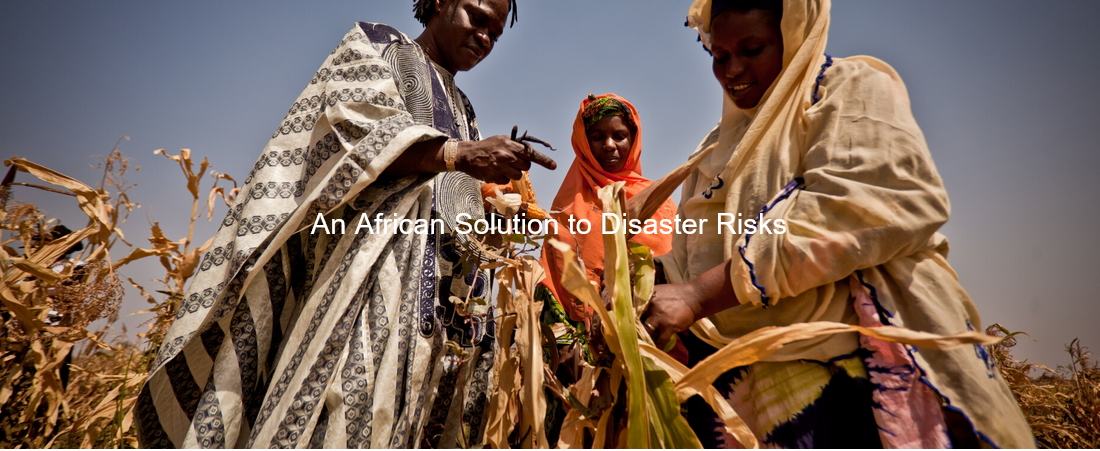
A hybrid mutual insurer, ARC Ltd. provides parametric insurance services to African Union member states and farmer organisations to pool disaster-related risk across Africa and transfer it to international risk markets.
ARC Ltd.’s mission is to use modern finance mechanisms, such as risk pooling and risk transfer, to create pan-African climate response systems that enable African countries to meet the needs of people vulnerable to natural disasters.
ARC Ltd. offers complementary risk pooling and risk transfer services helping African states build resilience against natural disasters such as droughts, flood risks and tropical cyclones. In the process, ARC Ltd. strives to apply gender equality principles and achieve inclusivity in the programme to ensure that no one is left behind.
ARC Ltd. offers an African solution to one of the continent’s most pressing challenges, climate change, transferring the burden of climate risks away from governments – and the farmers and pastoralists they protect – to ARC Ltd. to manage the risk. This African-owned, AU-led financial entity uses Africa RiskView, an advanced satellite weather surveillance and software developed by the UN World Food Programme (WFP) to estimate the level of damage from a disaster, and trigger readily available funds to African countries to enable response. Pooling risk across the continent is a financially viable solution which could significantly reduce the cost of emergency contingency funds on countries while decreasing the reliance on external aid.
By merging the traditional approaches of disaster relief and quantification with the concepts of risk pooling and risk transfer, ARC Ltd. provides a pan-African disaster response system that enable governments to meet the needs of those affected in a timelier and more efficient way. The ARC Ltd. solution is an important step in creating a sustainable African-led strategy for managing extreme climate risks and disease outbreaks.
ARC Ltd. seeks to promote a proactive approach to Disaster Risk Management because as currently structured, the international system for responding to natural disasters is not timely or equitable. Funding is secured on a largely ad hoc basis after a disaster, significantly delaying much-needed relief to affected populations. In the meantime, lives are lost, assets are depleted, and development gains suffer major setbacks – forcing more people into chronic destitution and food insecurity.
